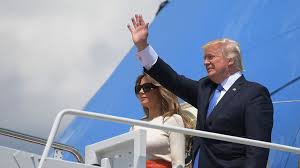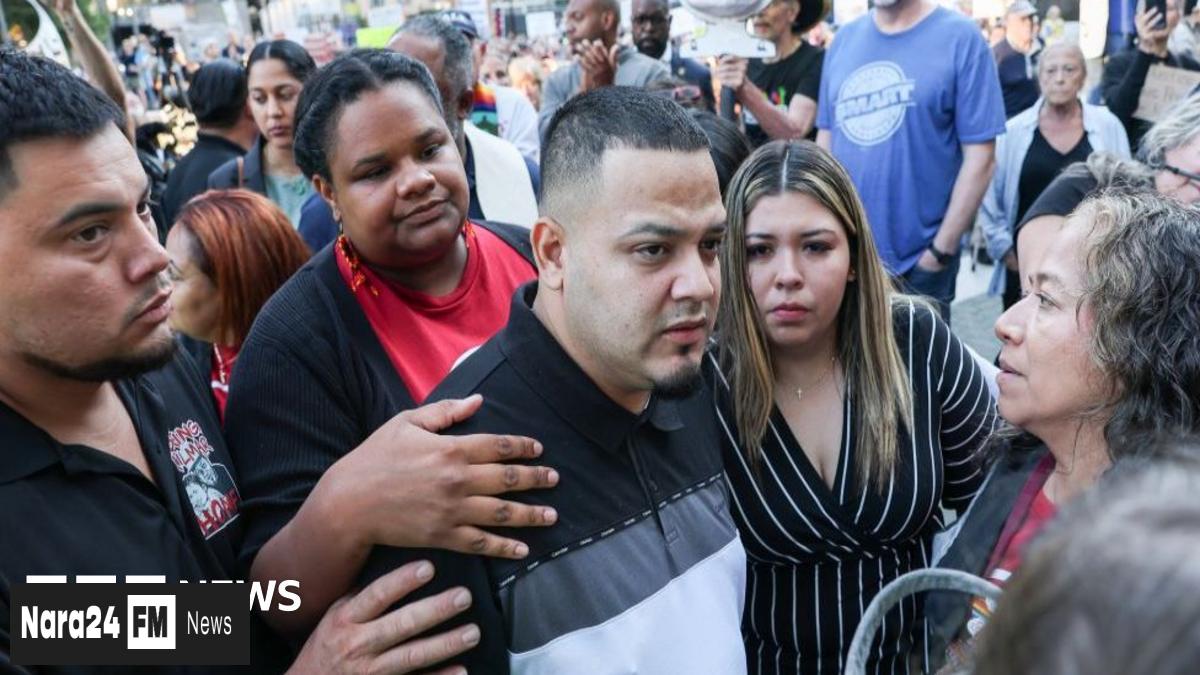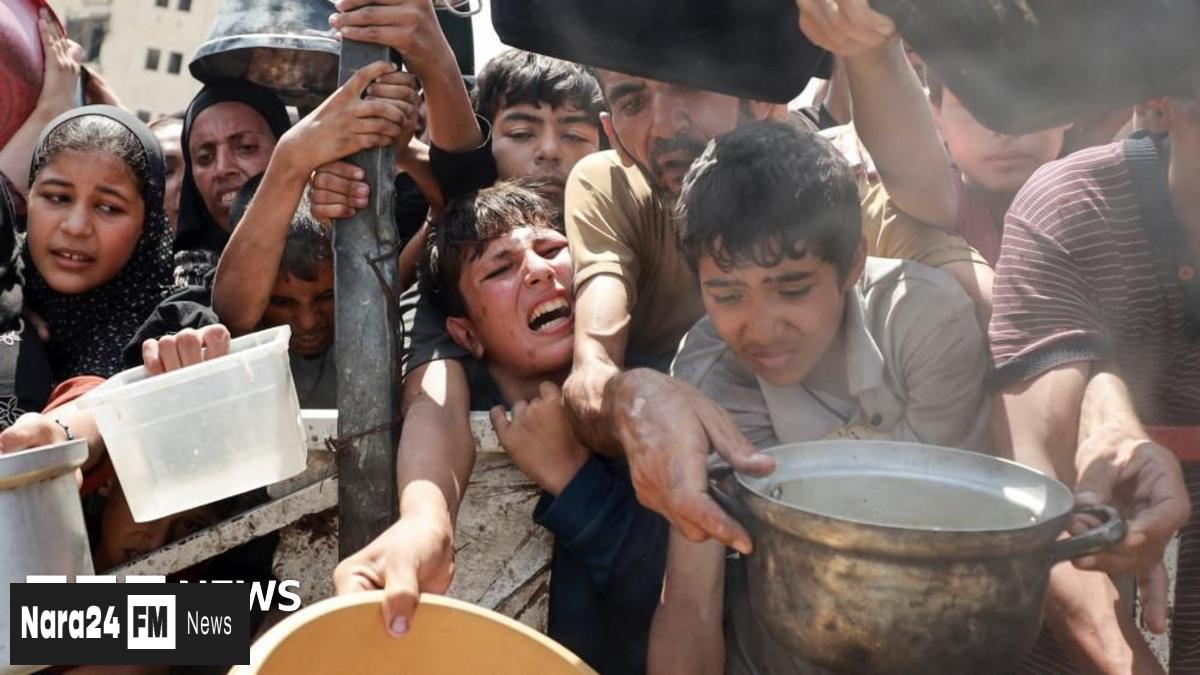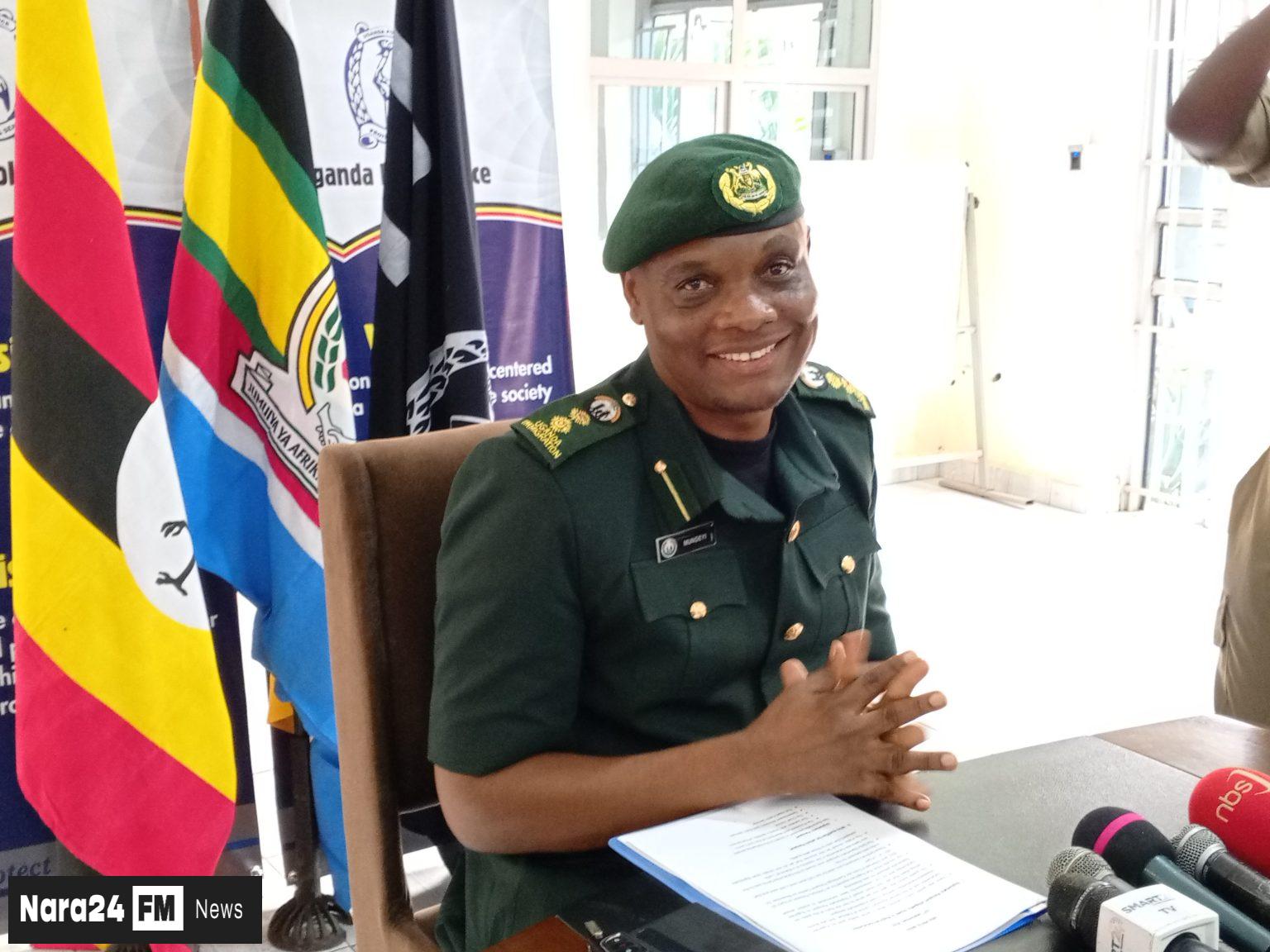A sweeping revision of United States immigration policy took effect this week, with Haiti emerging as one of the most severely impacted nations. The executive order signed by President Donald Trump halts new visa issuances for citizens of 12 countries, creating what aid organizations describe as a devastating barrier for populations facing extreme hardship.
Vital Pathways Severed
Haiti's inclusion in the updated travel restrictions comes amid unprecedented challenges within the Caribbean nation. Rampant gang violence has paralyzed daily life, with kidnapping and homicide rates soaring. International humanitarian groups report that nearly half the population requires emergency assistance due to collapsing infrastructure and food shortages.
"This ban effectively cuts a lifeline," stated Marie LeClerc of the International Rescue Committee. "For families relying on remittances and individuals seeking refuge from violence, legal migration channels provided essential relief valves that are now sealed."
Personal Toll of Policy Shift
At Newark Liberty International Airport, Haitian-American dual citizen Elvanise Louis-Juste described the deteriorating conditions affecting her relatives. "The situation back home grows more dire by the day—random abductions, targeted killings, complete lawlessness," she shared while awaiting her flight to Florida. "People aren't trying to leave for opportunity anymore. They're fleeing to literally preserve their lives."
Despite State Department assurances that existing visas remain valid, new applications face near-certain rejection unless applicants qualify under narrowly defined exemptions. Curiously, airports in Port-au-Prince reported no unusual surge in U.S.-bound travelers prior to the Monday deadline, though passengers appeared reluctant to engage with journalists.
Geographic Scope and Legal Strategy
The presidential proclamation additionally restricts entry for citizens of Afghanistan, Myanmar, Chad, Republic of Congo, Equatorial Guinea, Eritrea, Iran, Libya, Somalia, Sudan, and Yemen. Immigration analysts note this iteration differs significantly from earlier versions blocked by federal courts.
"Unlike the 2017 order criticized for targeting Muslim-majority nations, this policy focuses specifically on visa screening procedures," explained Georgetown University law professor Cynthia Ramirez. "By grounding restrictions in alleged deficiencies in identity verification and information sharing, the administration aims to construct a more legally defensible framework."
Social Outcry and Diplomatic Fallout
Across Haitian social media platforms and call-in radio programs, outrage has erupted over the policy. Many citizens labeled the move discriminatory, recalling the Trump administration's earlier termination of Temporary Protected Status for Haitians in 2025.
The State Department maintains the restrictions address legitimate security concerns, emphasizing they are "not permanent but based on ongoing assessments of foreign governments' cooperation with U.S. screening requirements." However, United Nations officials counter that blanket bans disproportionately harm vulnerable populations during humanitarian emergencies.
As violence continues to displace thousands within Haiti's capital, the closed legal pathways compound an already dire scenario for one of the hemisphere's most fragile states.








Comments (0)
Leave a Comment
Be the first to comment on this article!